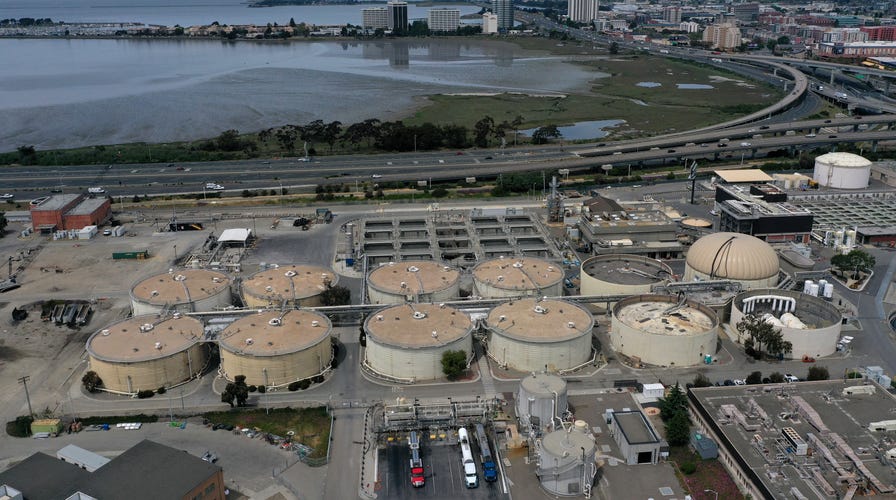Latest COVID-19 model nearly doubles US death forecast
What changed? Ali Mokdad, who is producing coronvirus models, explains.
Get all the latest news on coronavirus and more delivered daily to your inbox. Sign up here.
The novel coronavirus -- which has infected over 3.9 million people worldwide -- has been detected in wastewater, but researchers have been unclear about the transmission risks.
Two water experts affiliated with Northwestern University have said the risks of waterborne transmission are higher than previously believed. They emphasize that the risks are only significant, however, in areas without adequate wastewater infrastructure.
"New information on COVID-19 indicates that the virus infects the human GI tract and is excreted into sewage. Our assessments indicate that there is a risk of waterborne transmission of the coronavirus," said Aaron Packman, a professor of civil and environmental engineering in Northwestern's McCormick School of Engineering. "Disinfection will kill the virus in water, but we should carefully examine our wastewater systems to ensure that there is minimal public exposure to untreated wastewater."
CORONAVIRUS FOUND IN THE SEMEN OF MALE PATIENTS, CHINESE RESEARCHERS SAY

An aerial view of the East Bay Municipal Utility District Wastewater Treatment Plant on April 29, 2020 in Oakland, California. (Getty Images)
In many parts of America, the water system includes pipes dating from the 1800s. The American Civil Society of Engineers gave the country's drinking water infrastructure a D-minus rating and recommends massive investments in upgrades to protect public health.
"This is likely to be a problem in areas that do not have adequate sanitation and water treatment, particularly parts of the world that do not have good water infrastructure," Packman, the director of Northwestern’s Center for Water Research, said in a statement.
“Wastewater is an integrator of health signals across a community. Routine surveillance of SARS-CoV-2 in wastewater may provide a rapid and inexpensive means to track progression of the pandemic, and may also be useful as an early warning signal for reemergence in the future," said George Wells, an assistant professor of civil and environmental engineering in McCormick.
GLOBAL PUSH SEEKS TO UNLOCK GENETIC KEY OF CORONAVIRUS' VULNERABILITY

